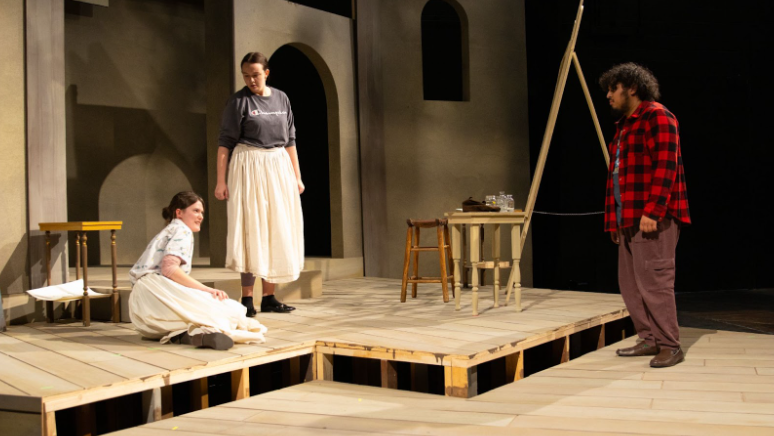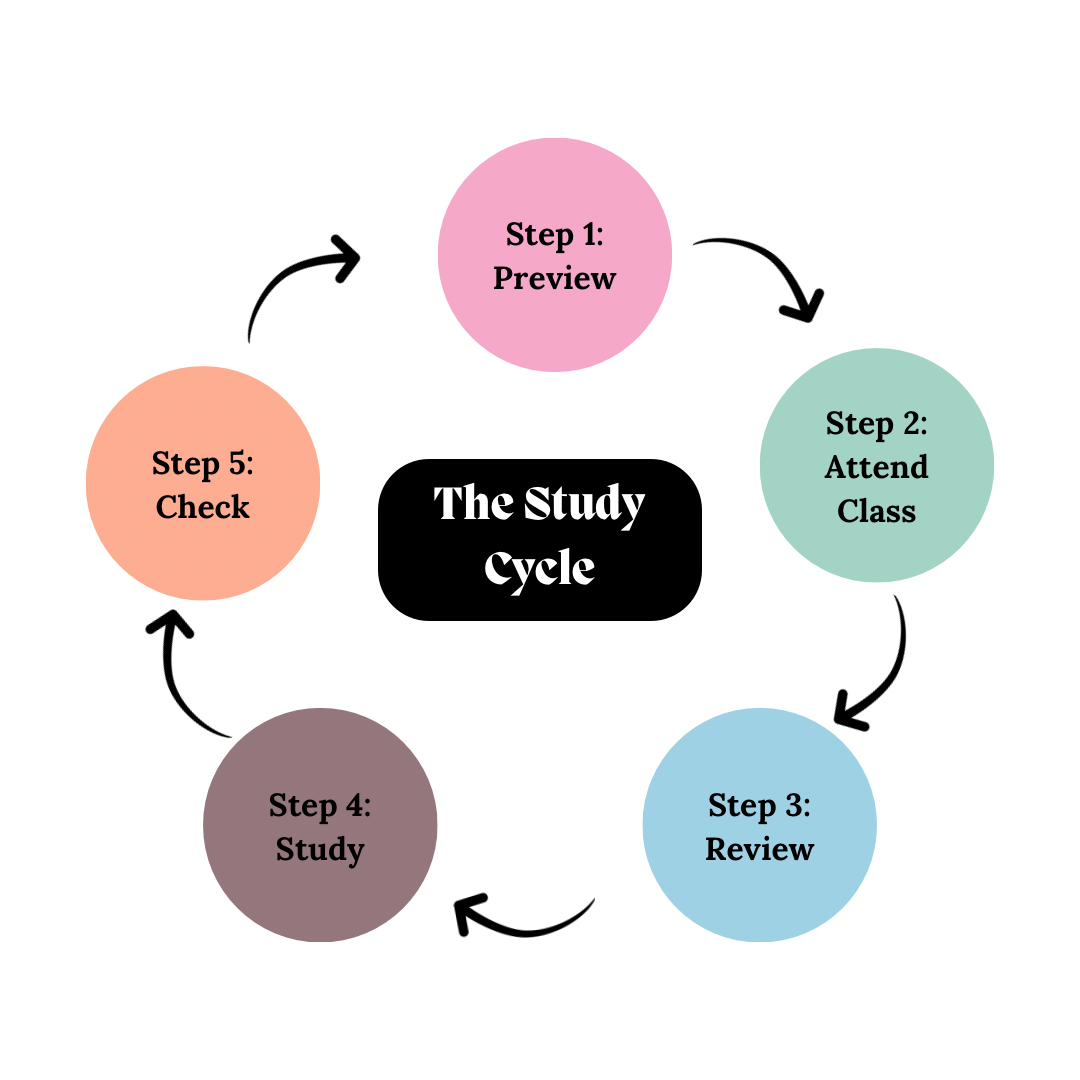In a recent study conducted by the Pew Research Center, 63 percent of 18- to 34-year-olds know someone who has moved back home because of economic conditions.
The study, entitled “The Boomerang Generation: Feeling OK about Living with Mom and Dad,” said that “the share of Americans living in multi-generational family households is the highest it has been since the 1950’s, having increased significantly in the past five years.”
The “boomerang generation” is named after young adults who move out of the family home for a time and then “boomerang” back.Alissa Gardner, a 25-year-old graduate of Texas Woman’s University, currently lives with her parents.
“I moved home the semester before I graduated to save money,” she said. “I pay for a lot of my own stuff. However, I don’t have to pay rent and my parents help pay for groceries and whatnot. I’m sure I could help pay for more seeing as I have a full-time job, but I’m appreciative that they’re willing to help me out as much as they do.”
According to the survey, adults between the ages of 18 to 24 are more likely to be boomerang kids. Forty percent currently live with their parents, and many of them never moved out in the first place. For adults in the 25-34 age range, 12 percent currently live with their parents.
“There are times though when I really wish I had my own place,” Gardner said. “I like being independent, but I’m grateful that I have a family like mine that I love being around.”
The study also noted that 68 percent of young adults living with their parents are satisfied with their family life. Furthermore, 34 percent said “living with their parents at this stage of life has been good for the relationship.”
“I have noticed that to some extent I can speak to my parents along the line as friends,” Abby Zotz, a junior International Business major at WT, said.
Zotz took a break from school to return home to Windthorst, Texas. Although she enjoyed the break, she felt the stigma that’s often associated with living at home as an adult.
“I feel like I somewhat failed having to move home, and then sharing a room with my twin sister like I was 12 again,” Zotz said. “It’s comfort and discomfort.”







